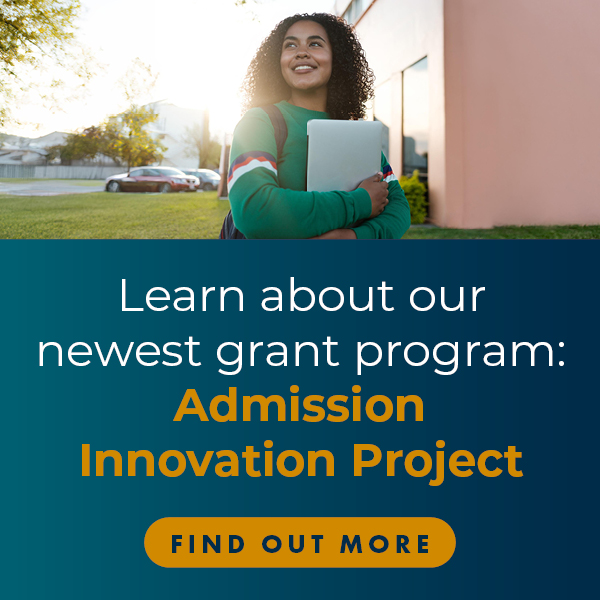Since launching our grantmaking activities in 2014, we have awarded over $26.4 million in support of our research priorities: access, affordability, and the value of legal education.
Awarded Grants
Grant Program
Grant Status
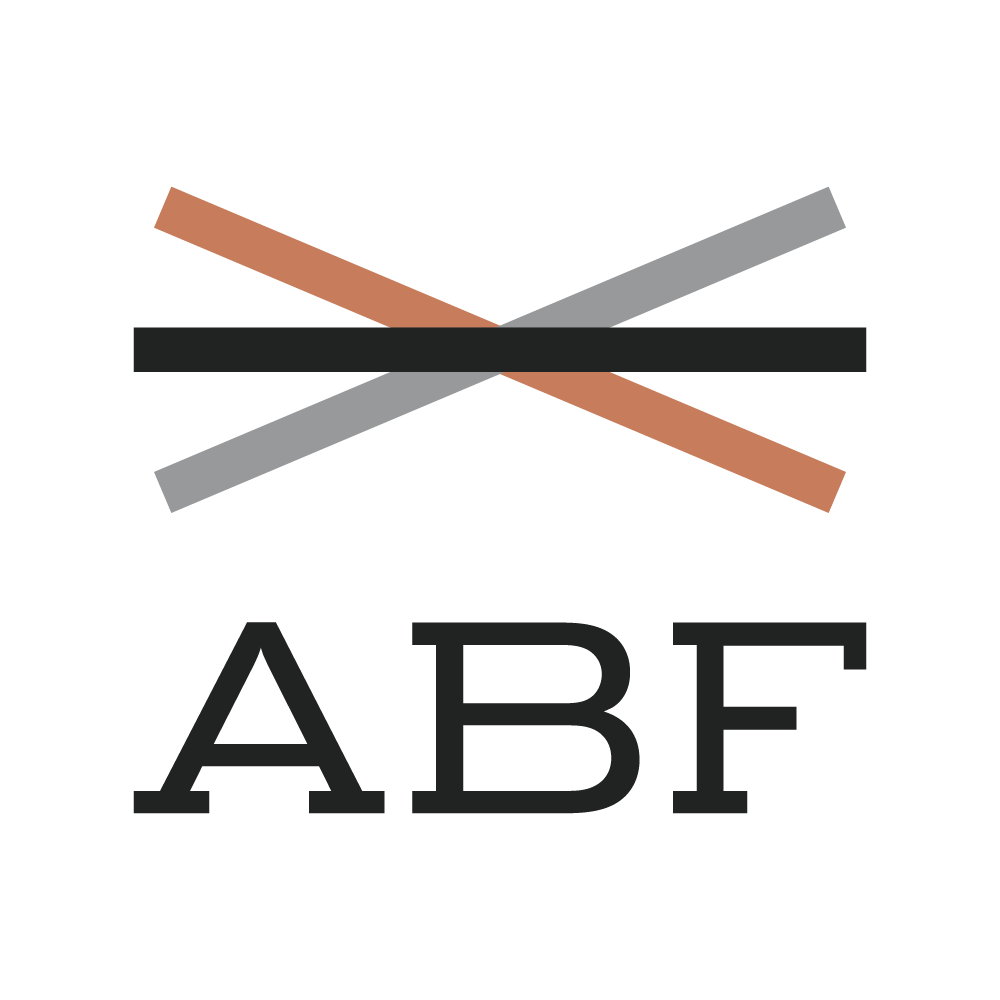
American Bar Foundation
Grant Title: Emerging Scholars Fellowship Program in Legal and Higher Education
The “Emerging Scholars Fellowship Program in Legal and Higher Education” is a renewal of the American Bar Foundation (ABF)’s successful fellowship program. This program seeks to identify and develop junior sociolegal scholars who would produce empirical and interdisciplinary research on issues in legal and higher education. This professional development will be provided through mentoring, intellectual and financial support.
The Law College Association of the University of Arizona (LCA) on behalf of the James E. Rogers College of Law
Grant Title: JD-Next
JD-Next prepares a diverse body of students for law school by providing training in case briefing and legal analysis and then assessing their ability to succeed on a final exam, which has been determined to be a valid and reliable test comparable to legacy exams with no statistically significant racial disparities. The next step is to scale JD-Next so that it can be readily accessible and affordable for students across the country.
View Grant Outcomes.
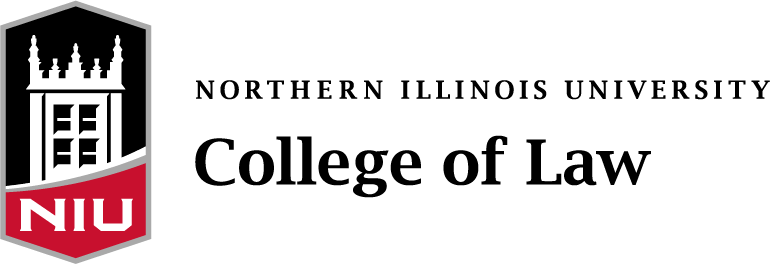
Northern Illinois University College of Law
Grant Title: Northern Illinois University College of Law Diversity Scholars Program
The NIU College of Law Diversity Scholars Program is a pipeline initiative that seeks to increase the number of academically qualified diverse students enrolled in law schools by establishing a pipeline program though formal agreements with colleges and universities with large diverse student populations. NIU Law will partner with undergraduate institutions to prepare students to be successful in the admissions process – working with them early in their college career through graduation.
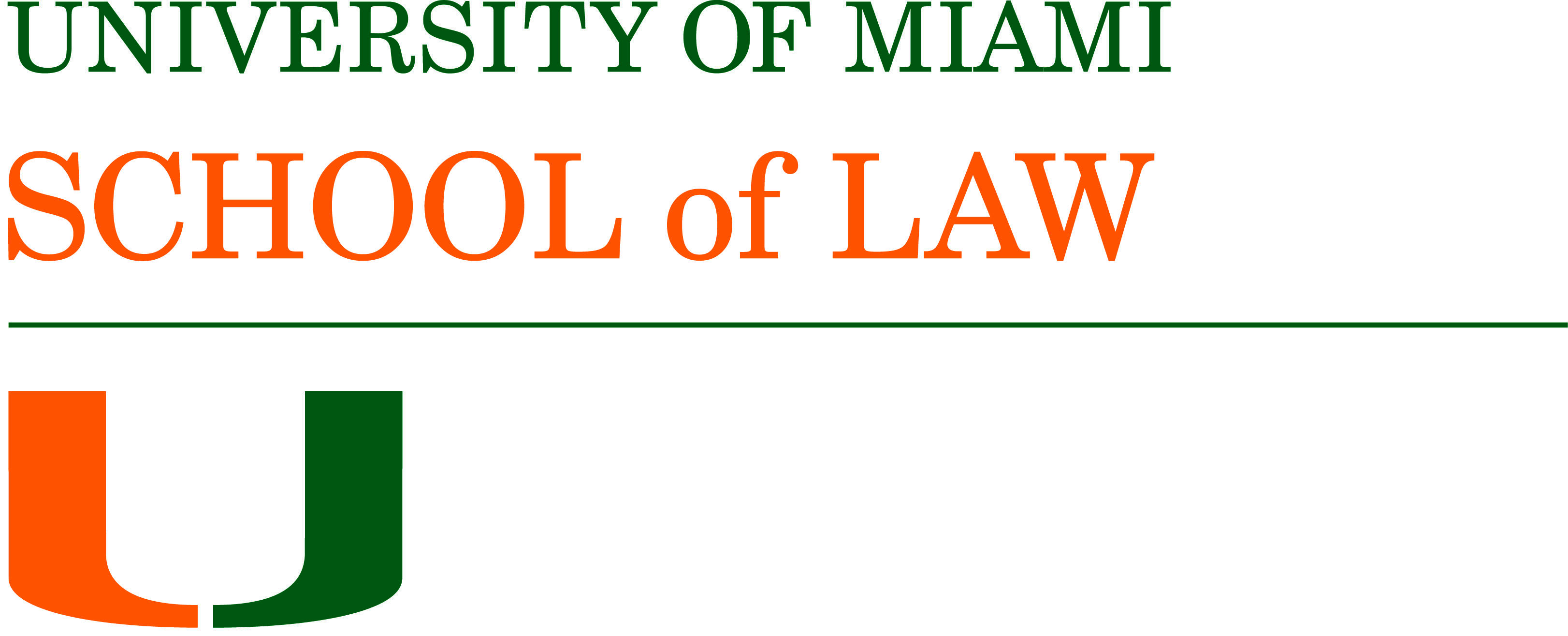
University of Miami
Grant Title: The Relationship Between Curriculum Selections and Bar Exam Sub-scores
This project analyzes the impact of taking courses in bar-tested areas and performance in those areas on the bar exam, helping law schools to better understand factors contributing to bar success. Florida is an ideal state for this work as the Florida bar reports sub-scores in topics allowing us to compare taking specific courses (e.g., wills) and performance on that subset of bar questions (e.g., wills scores). Additional items will also be studied (GPA, LSAT, transfer status, etc.).
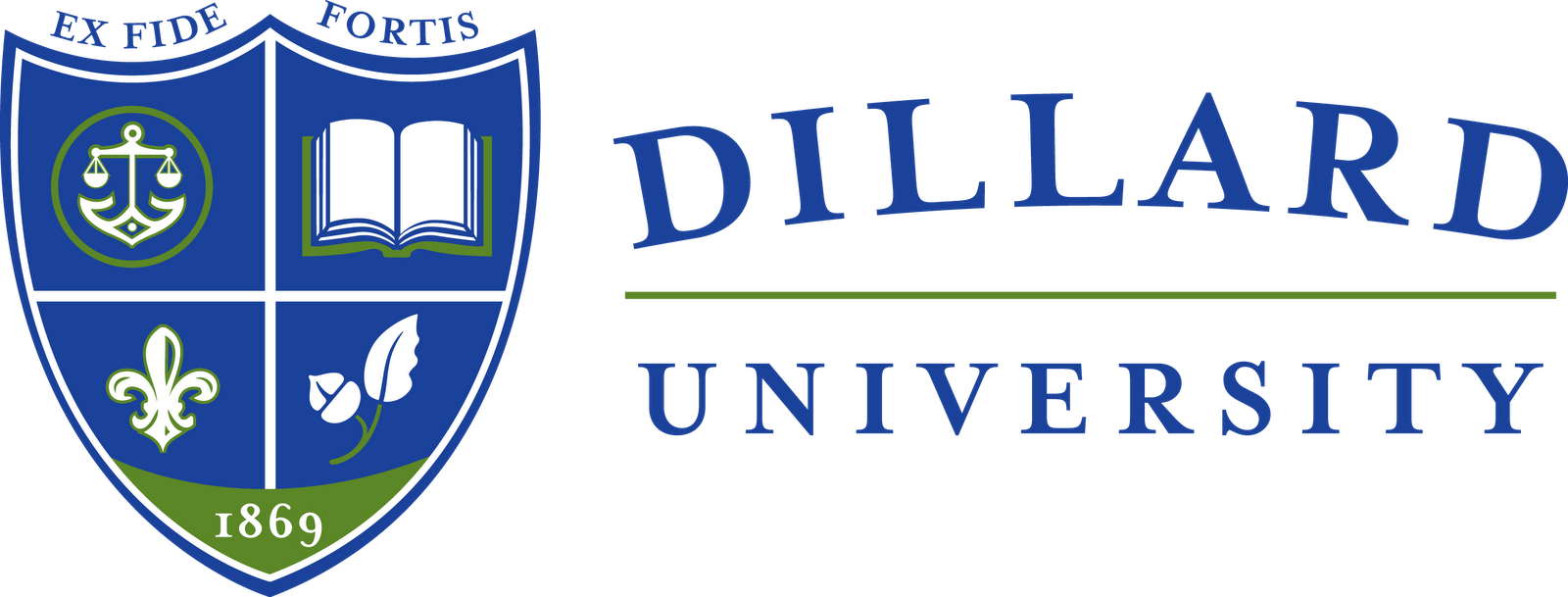
Dillard University
Grant Title: Legal Education Advancing Diversity (L.E.A.D)
The LEAD Program has one mission; to increase diversity in the legal profession by helping underrepresented students navigate one of the most difficult parts of the legal pipeline: gaining admission to law school. Through its comprehensive year-long program, LEAD provides: 1) high quality, rigorous LSAT preparation; 2) law school admissions workshops; 3) individual success coaching meetings and advising throughout the application process; and 4) an attorney mentor program.
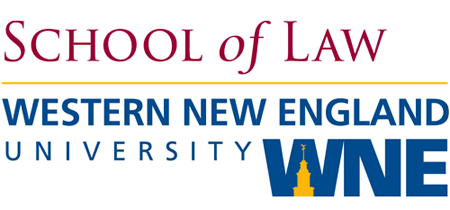
Western New England University School of Law
Grant title: Bar Exam Stipend and Training Program (“The BEST Program”)
The Bar Exam Stipend and Training Program (BEST) is an intensive 10-week preparation program that will equip students with a customized study plan, an accountability coach, practice tests, wellness check-ins, and a weekly stipend leading up to the bar exam.
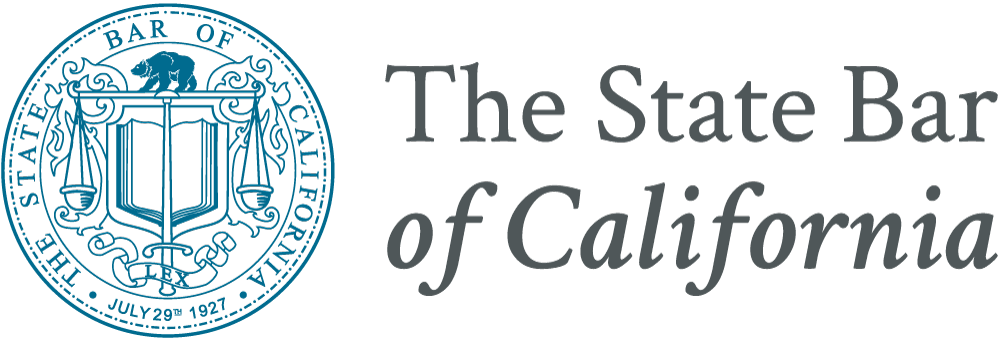
The State Bar of California
Grant Title: Investigating the Benefits of Live Remote Proctor of Bar Exam
The State Bar seeks to evaluate the benefits of live remote proctoring (LRP) for the First-Year Law Students’ Examination (FYLSX). Previous remote FYLSX’s have been proctored relying on software recording and AI-based monitoring. This project will evaluate if LRP, 1) reduces false positive violations; 2) lessens login and other technology issues examinees encounter; 3) improves overall test experience for examinees.
View grant outcomes.

The NALP Foundation for Law Career Research and Education
The project proposes AccessLex fund 10 law schools' participation in The NALP Foundation and NALP’s U.S. Law School Alumni Employment and Satisfaction Study, for a three-year period: 6 HBCU law schools and 4 other new law schools with significant populations of under-represented groups. The additional data from these schools’ alumni will enhance the study’s inclusivity, providing important new insights for the profession, and the new participating schools with actionable data and benchmarking.

State Bar of California
The State Bar seeks to understand the impact of exam modality, open book, and testing time on the test-taking population, focusing on whether any of these exam features have an adverse or positive impact on subpopulations. Specifically tested will be: 1) the amount of time allocated for the performance test; 2) possible variances of an open-book option; and 3) to assess combinations of exam material and test-taking in online vs hard copy formats.



